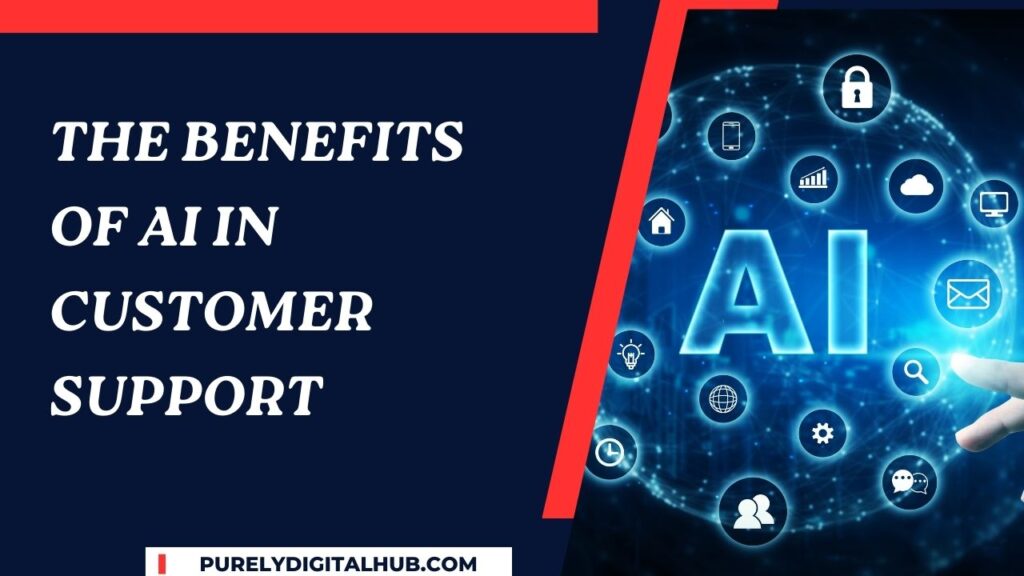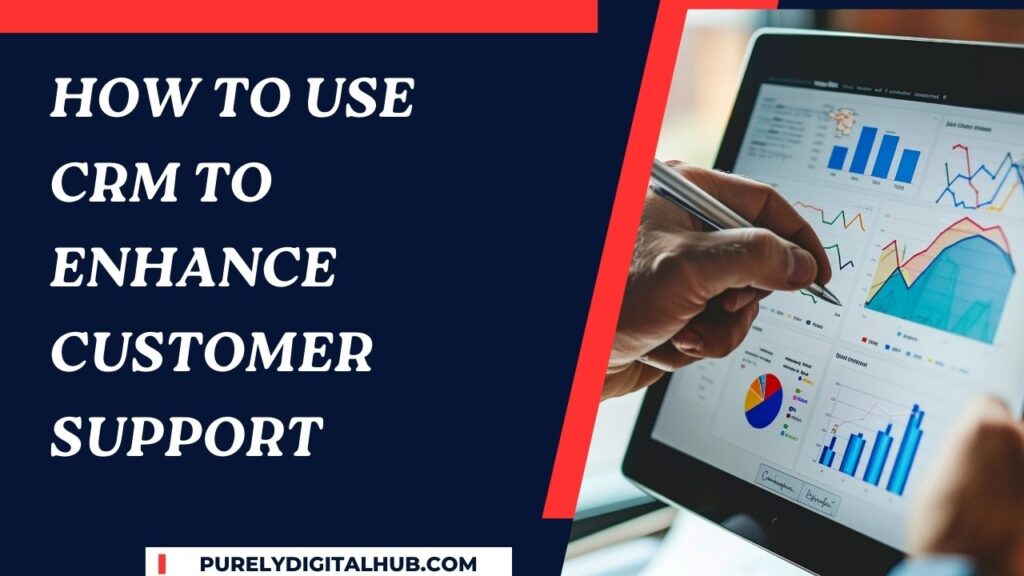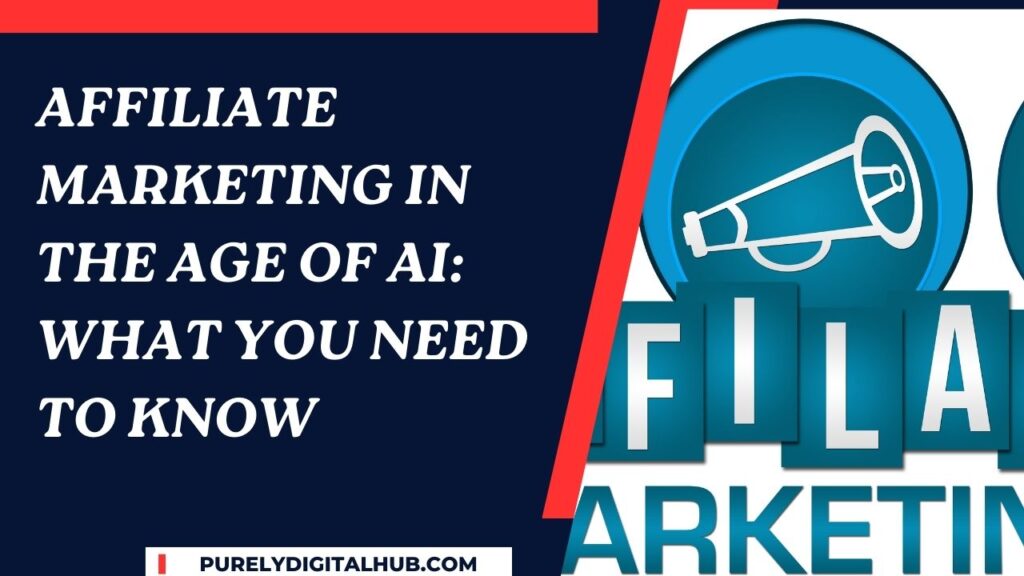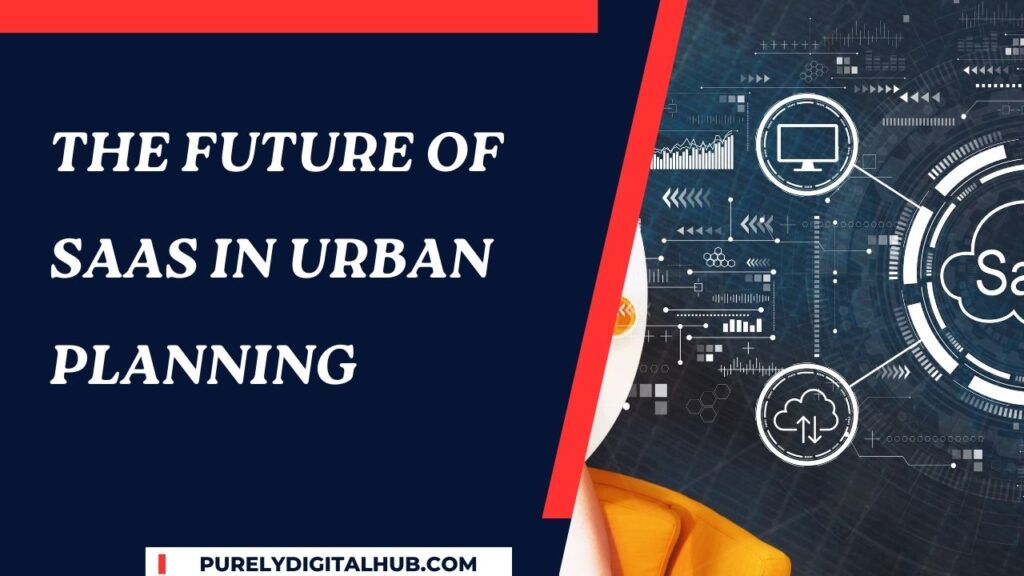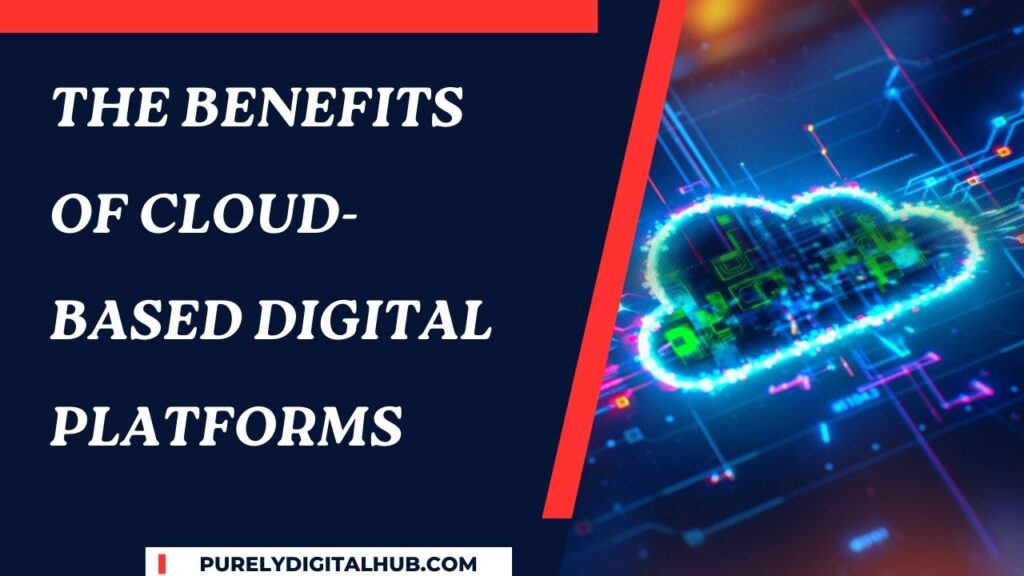How to Use Social Media for Business Marketing
Social media has become an indispensable tool for businesses looking to increase brand visibility, engage with customers, and drive sales. With billions of users across platforms like Facebook, Instagram, LinkedIn, and TikTok, businesses have an unprecedented opportunity to reach their target audience. This guide provides actionable strategies for using social media to elevate your business […]
How to Use Social Media for Business Marketing Read More »


